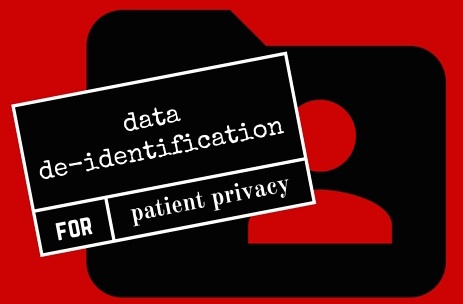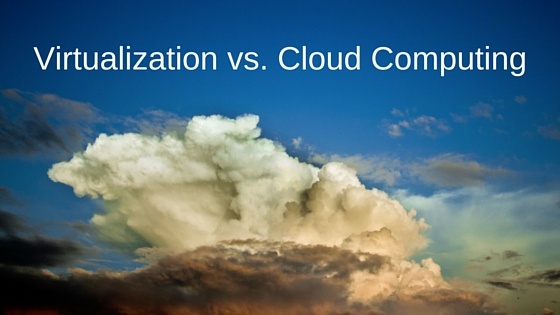Healthcare data is information that is collected to keep track of a patient’s health, medical conditions, injuries, illnesses, and treatments. But there is actually a wider scope for medical information to benefit the community, beyond diagnosis. While data can be passed between medical professionals to cater to the needs of the patient, sharing that same data with a wider audience can enhance medical research and education. This kind of medical data is currently known as information for 'secondary use' - i.e. for additional research purposes that fall outside of the original intentions of use.
 Unstructured medical data, such as lab results, imaging reports, clinical data, and the output from medical devices often gets stored and unused, creating more of a hindrance to medical facilities than an aid. Anonymizing this data can free up existing stores of information, effectively converting it into useful intelligence. A more in-depth understanding of individual patient ailments and large illness groups alike can lead to more efficient care practices, not to mention cheaper healthcare costs for both patients and medical facilities. Education and research are undoubtedly the biggest areas that can benefit from the use of de-identified data.
Unstructured medical data, such as lab results, imaging reports, clinical data, and the output from medical devices often gets stored and unused, creating more of a hindrance to medical facilities than an aid. Anonymizing this data can free up existing stores of information, effectively converting it into useful intelligence. A more in-depth understanding of individual patient ailments and large illness groups alike can lead to more efficient care practices, not to mention cheaper healthcare costs for both patients and medical facilities. Education and research are undoubtedly the biggest areas that can benefit from the use of de-identified data.

 Leaving a critical security measure like this up for interpretation and discretion does not give patient privacy the priority it deserves. This leaves a dangerous opening for hackers who can easily intercept personal data being sent to a facility or being stored on unprotected servers and devices. Because PHI is frequently stored and transmitted in electronic in format, the inherent security risks that come along with that must be addressed.
Leaving a critical security measure like this up for interpretation and discretion does not give patient privacy the priority it deserves. This leaves a dangerous opening for hackers who can easily intercept personal data being sent to a facility or being stored on unprotected servers and devices. Because PHI is frequently stored and transmitted in electronic in format, the inherent security risks that come along with that must be addressed.